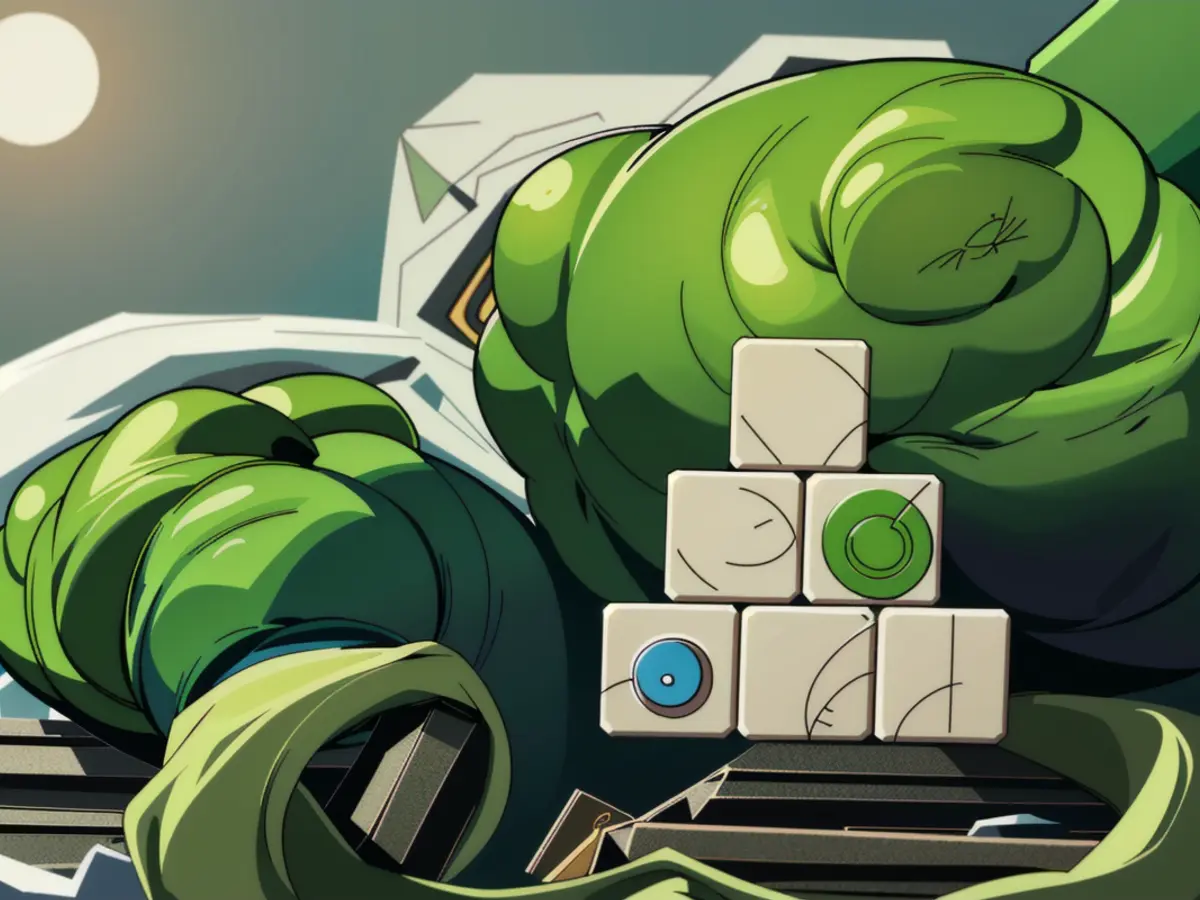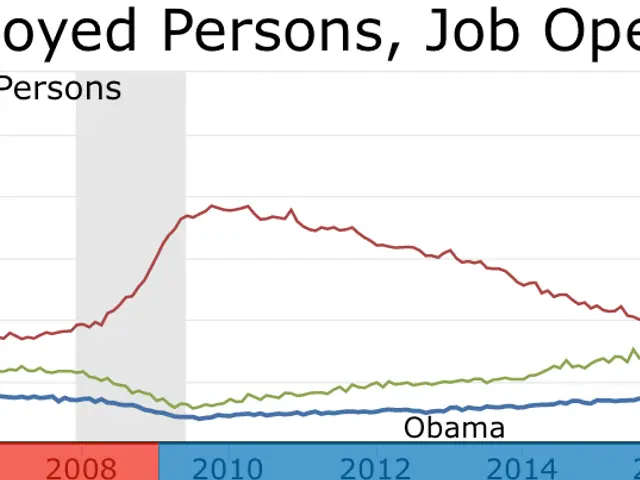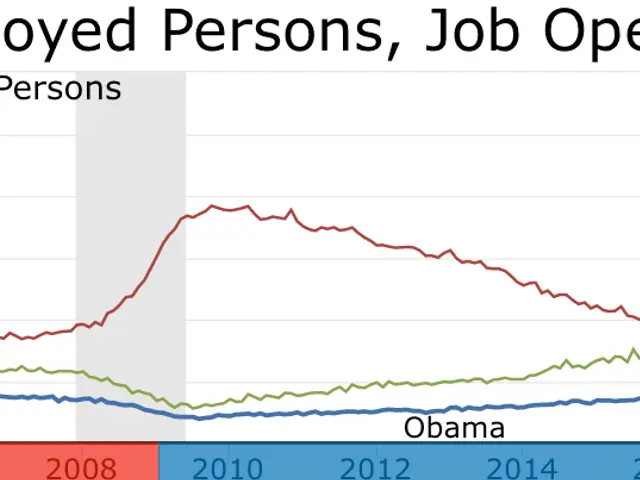Title: Crafting a Greener Tea Industry: Sustainable Product Solutions
Ivan Terzi serves as the Co-Founder and CEO of TeaDeus, a company dedicated to providing "Tea Cups To-Go" in eco-friendly packaging.
In today's world, merely offering a quality product isn't enough. The journey from harvesting tea leaves to creating a tea cup necessitates mindful, sustainable practices. From how tea is cultivated and harvested, to the methods used for processing and packaging, there's an abundance of opportunities for tea companies to positively impact the environment.
In essence, sustainable tea production isn't merely about creating a scrumptious beverage; it's about crafting a product that cultivates a healthier planet, too.
For entrepreneurs starting a tea business or wanting to be more conscious consumers, let's dive into the role of sustainability.
The Role of Sustainable Harvesting
Growing tea involves an intricate story of climate and soil characteristics. The climate and location of tea cultivation significantly affect the flavor profile of the final product. For instance, the tropical climate in China creates a rich, full-bodied flavor, while lesser-known regions like northern India offer lighter, more refined flavors.
However, modern-day tea cultivation goes far beyond taste. Responsible entrepreneurs must consider environmental factors throughout the supply chain. Climate change and resource use weigh heavily on our choices. When constructing a supply chain, prioritize partners who integrate sustainable farming practices, conserve water, and protect the soil.
Moreover, scrutinize the pest control methods your partners employ. Organic solutions such as repellents and beneficial insects keep the ecological balance of the plantation intact. Inspect harvesting methods that focus on careful selection and plucking, targeting the top two leaves and bud, essential for quality teas.
Challenges in Production and Packaging
Unfortunately, traditional tea bags frequently consist of tea dust and food colorings. Opt for an all-natural teas that leave a white residue in your cup – a clear indication of a nutritious product.
What's more, teabags contain microplastics and nanoplastics when exposed to hot water. Research has even found traces of toxic chemicals like arsenic and heavy metals present in teabags, possibly entering the body upon consumption.
Synthetic materials in traditional paper cups, such as polypropylene, take centuries to decompose. Compound these issues with the prevalence of plastic linings and harsh adhesives, and you've got a recipe for harmful waste.
To combat this, TeaDeus has devised a unique approach by containing the tea within a plant-based filter at the bottom. To choose eco-friendly materials for a CPG brand or retail locations, focus on the following options:
- Pressed paper for cups: Opt for sustainable, chemical-free options.
- Plant-based wax: Soy wax is a safe and biodegradable alternative.
- Corn fiber: This 100% food-safe material requires only heat to bond with cups.
- Bamboo stirrers: A renewable resource that breaks down naturally.
- Bagasse for lids: Durable, biodegradable, and compostable.
Investing in Sustainability
Adopting an environmentally-friendly approach may result in increased production costs. For instance, biodegradable packaging costs TeaDeus around 35% more than traditional counterparts. Additionally, finding U.S.-based suppliers that meet rigorous environmental standards and certifications can be challenging.
Nonetheless, we perceive a future centered on environmental friendliness and social responsibility. Producing beverages with a minimal impact on the planet makes our mission worthwhile.
This shift towards sustainability resonates with today's Gen Z consumers, who are willing to pay more for eco-friendly products. In fact, research indicates that 73% of this demographic are environmentally-conscious consumers, who prefer brands that convey a commitment to sustainability.[6]
By putting sustainability at the heart of our business strategy and forging partnerships with like-minded organizations, we can provide an exceptional customer experience that not only appeals to this new generation of eco-conscious consumers but also strengthens our brand's foundation in the long run.
[1]https://www.researchgate.net/publication/339227931_Sustainable_Tea_Plantation_Management_Case_Study_in_Kerala_India
[2]https://www.researchgate.net/publication/332937024_The_Future_of_Tea_Growing_in_Volcano_Areas_of_Central_Honshu_Japan
[3]https://www.teavivre.com/articles/the-future-of-sustainable-tea
[4]https://www.ecosophia.com/product-catalog/eco-friendly-packaging-solutions-for-tea/
[5]https://www.sfemagazine.com/articles/the-future-of-hot-beverage-packaging
[6]https://news.gallup.com/poll/196916/americans-willingly-pay-more-sustainable-products.aspx
Despite the additional costs associated with using eco-friendly materials, Ivan Terzi, as the Co-Founder and CEO of TeaDeus, believes in investing in sustainability to align with the concerns of environmentally-conscious consumers. TeaDeus has taken a unique approach, using plant-based filters and biodegradable materials for their tea cups, lids, and stirrers, setting an example in the beverage industry.








